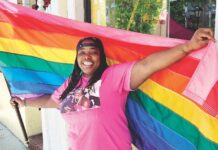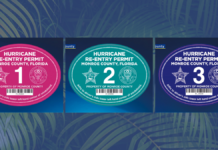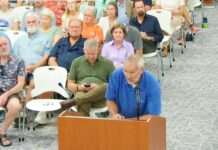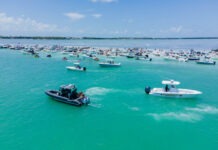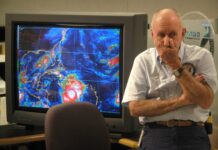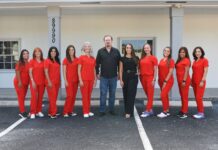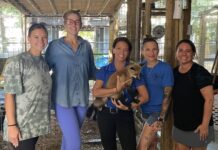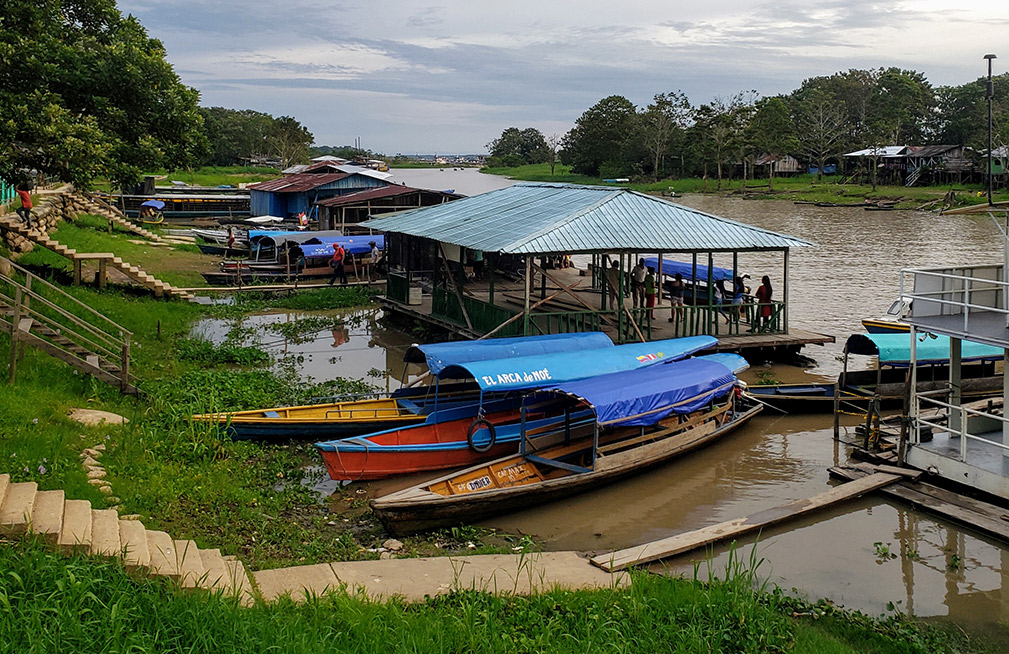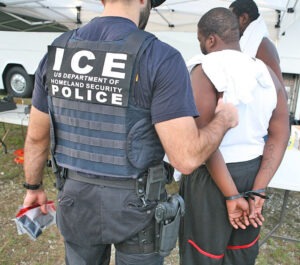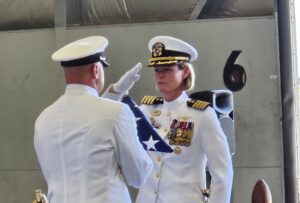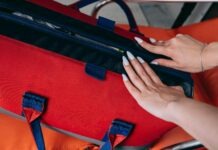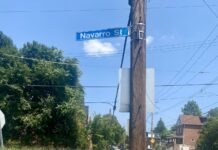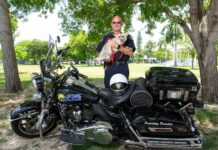A few years back, Slate published an essay on “The Rise and Fall of Quicksand,” recounting a 1980s-specific exotic obsession. If you’re of a certain age, you probably, at one point in your young life, researched how to escape from quicksand. You probably also grew up with a slightly morbid interest in piranhas and boa constrictors. Whether it was schlocky Saturday morning cartoons or the more reputable ecological push to “save the rainforest,” a darkly mystical, grandiose image of the Amazon was firmly planted into the collective psyche of an entire generation.
This year, I took the plunge and booked flights that would take my family and me deep into the Amazon, specifically to Leticia, a speck of a village where Colombia, Peru and Brazil converge against the backdrop of the grand dame of rivers. With Leticia located on the southern border of a major ecological preserve, the closest paved road ends abruptly, over 600 miles to the north. Visitors can enter, as we did, via a single commercial airline, or a four-day boat ride from Brazil. Isolated is an understatement.
A dusty taxi with holes in the floor delivered us to our hotel late in the afternoon. Before sunset, my wife and I took advantage of the waning light and ventured a few blocks into the village. Vibrating from culture shock (the good kind), we walked down to the banks of the Amazon. From there, we could look across to Peru—just a few yards away—and Brazil, less than a quarter mile downstream.
There were locals cooking fish over oil drums, playing kickball, dodging motorbikes in the dusty rutted roads and hawking boat rides to Peru (roughly $1 to cross the river and come back). The banks of Leticia were alive with an ageless energy that seemed to bubble up from the water.
Back at the hotel, we tucked into a dinner of local fish and fruits, and went to bed, Christmas-Eve-level excited to see more.
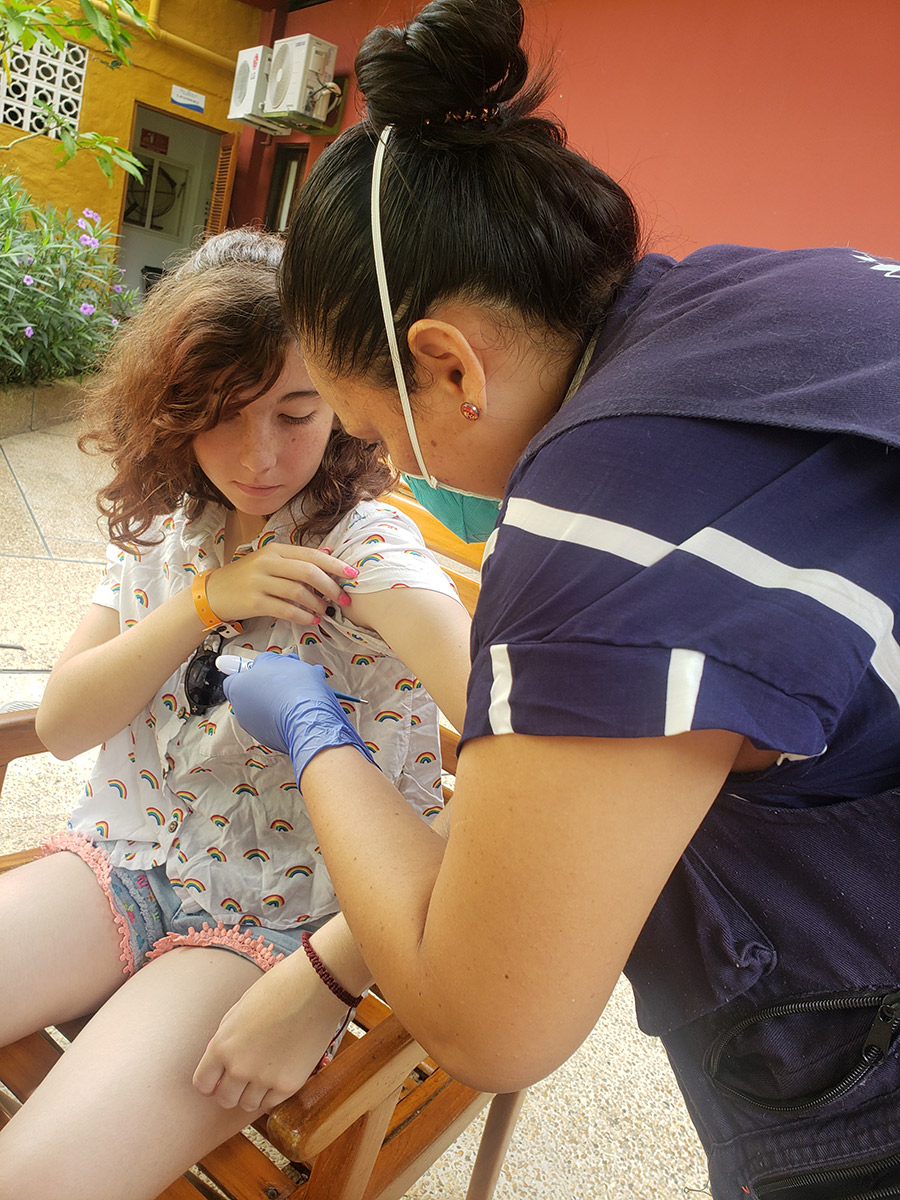
Our day-long trip up the river was slated to depart at 8 the next morning. Oddly, our hotel landline started ringing at 6:30 a.m. I attempted to muddle through the conversation in my poor
Spanish before admitting defeat and heading to the office. Stepping outside, bleary-eyed in my pajamas, I was greeted by eight federal immigration agents and medics. Uh … good morning?
As directed, I handed over passports and woke my family for health checks. We passed the screening, but our U.S. passports and recent travel landed us in a situation of being quarantined in Leticia for 14 days. At the risk of revealing my privilege, I dreaded the prospect of two weeks without wi-fi or any hint of English. The pragmatist in me, though, was more concerned with the lack of potable water, the extreme seclusion and the absence of any health care. Not to mention that my dream destination was a few yards away but might as well have been a thousand miles—an Amazonian Alcatraz. No, it was time to go.
Our entire trip had kept us one step ahead of the pandemic, but in this remote corner of the world, reality had caught up to us. Things were evolving quickly on a global level, transitioning from arguably unwarranted panic to imperative preparation. Understandably, this tiny port in the Amazon harbored great concerns about the potential influx of a new virus. Assuming the State of Amazonas wanted us gone as much as we wanted to go, we proceeded to contest the quarantine order, receiving special government permission to leave on the condition we would fly out immediately.
I was allowed to go to the airport to make arrangements, but had to go solo as the family representative.
Booked on our one shot at exiting the country, we returned a few hours later to discover another obstacle. For reasons still unclear (seriously, my Spanish is not good), we were blocked from checking in for the flight. Thanks to the kindness of strangers, the goodness of humanity and the instinctive usefulness of hand gestures, we were pushed through at the absolute last moment before departure. Doing our best “Home Alone” impression, we sprinted through immigration and security, skidding into our seats for the last flight out. Wheels up, over the vast jungle, a selfish sadness hit me that the brief sunset peek at the Amazon was all we would get.
A resounding life lesson (don’t you just hate those?) — I reminded myself that if I knew how the experience would turn out, I would still go through it all, just for that glimpse.
As we navigated the whole ordeal, Colombians would regularly tell us, “tranquilla” — relax, easy.
Unlike the condescending English implication, the word in Colombia carries a connotation of reassurance. Basically, “It’s ok, I got you, it’s going to be fine.” And you know what? It’s true.
Tranquilla. Todo esta bien.
